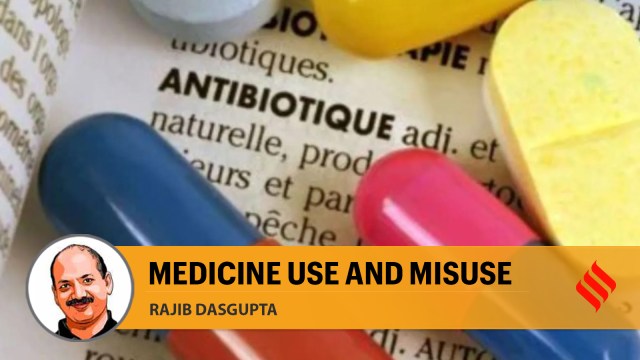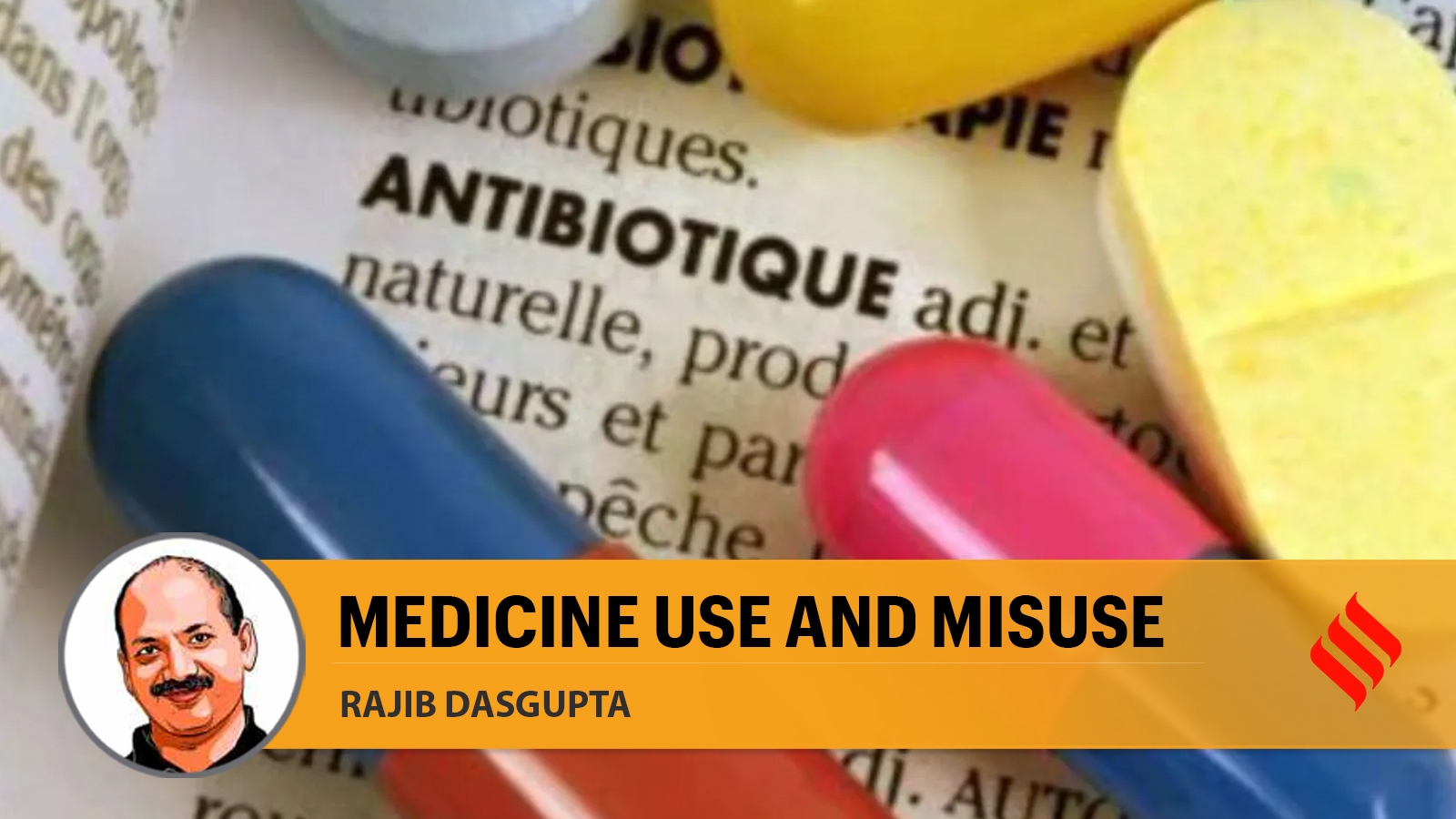
Last month, the UN General Assembly recognised anti-microbial resistance (AMR) as an urgent “global health threat and developmental challenge”. Its high-level meeting on the issue “demand(ed) immediate action” through solutions that stressed the One Health approach.
That’s because UNGA considered AMR an imminent threat to human, animal and plant health. It also rightly recognised that dealing with the problem is essential to enabling equitable economic development and a healthy environment.
Antimicrobial is an all-encompassing term that includes antibiotics, antivirals, antifungals and antiparasitics administered to humans, animals and plants. They have been misused and overused not just to treat diseases but also as “growth promoters” in industrial-scale food production since the 1950s. In 2000, the WHO recommended rapidly phasing out antibiotic growth promoters from the agriculture and animal sectors.
AMR can set back gains made in the treatment of infectious diseases and delay or disrupt goals such as the elimination of TB or malaria on account of the emergence of multiple drug-resistant strains. It also makes common procedures such as surgeries or cancer chemotherapies riskier and more expensive. The drivers and consequences of AMR are exacerbated by poverty and inequality, affecting low- and middle-income countries disproportionately.
The World Bank estimates that this threat could result in additional healthcare costs of up to $1 trillion by 2050 and GDP losses per year ranging from $ 1-3.4 trillion (Rs 10.9-11.7 lakh crore) by 2030. This translates to annual costs being as large as those of the 2008 global financial crisis and could widen the inequality between nations.
Given this urgency, the political declaration speaks unequivocally of reducing the estimated 4.95 million human deaths associated with bacterial AMR annually by 10 per cent by 2030. It has advocated sustainable national financing and $100 million catalytic funding, to help achieve a target of at least 60 per cent of countries having funded national action plans on AMR by 2030. Clear targets have been set out for the relevant sectors that must be achieved by 2030. At least 70 per cent of antimicrobials being used for human healthcare should belong to the WHO Access Group — minimal side effects and lower potential to cause AMR.
All countries will be tasked to have basic water, sanitation, hygiene, and waste management services in healthcare facilities and 90 per cent of them must meet the minimum requirements for WHO’s Infection Prevention and Control (IPC) programmes. Other commitments include investments to facilitate equitable access to and appropriate use of antimicrobials and reporting surveillance data on antimicrobial use and AMR across sectors. The agri-food sector is required to prioritise and fund prudent, responsible, and evidence-based use of antimicrobials in animal health.
The environmental dimensions of AMR include preventing the discharge of antimicrobials into the environment and more research to catalyse actions to address key sources of antimicrobial pollution. As a concept, the One Health approach entails establishing links between humans, animals and the environment through a collaborative approach between experts in these sectors. These collaborations need to be backed up by political commitment, policies, sustainable financing, and engagement of civil society.
The Union Minister of State for Health and Family Welfare reaffirmed India’s commitment at the UNGA meeting. The updated National Action Plan for AMR 2.0 has ambitious goals of inter-sectoral collaboration with clear monitoring mechanisms. The National One Health Mission, a cross-ministerial effort, has mapped existing surveillance programmes and laboratory capabilities. The mission also aims to plug gaps. The UN mandate is an opportunity to refine and reshape India’s AMR activities.
The writer is professor, Centre of Social Medicine and Community Health, Jawaharlal Nehru University, New Delhi and co-investigator, One Health Poultry Hub. Views are personal.



